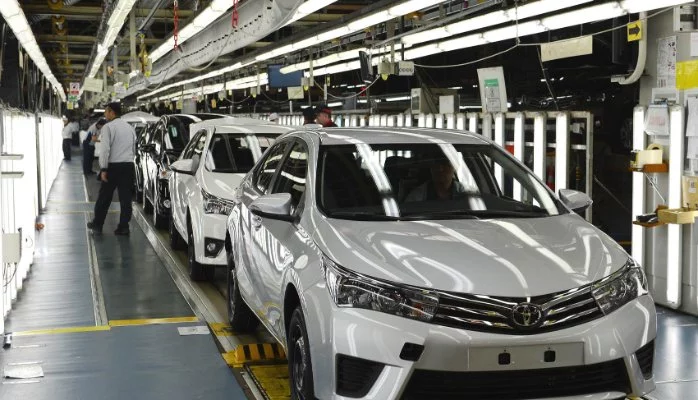According to Toyota Motor Corporation, one of the world's leading automakers, it will suspend production at two of its Japanese plants in March due to a global shortage of microchips.
Market forecasts say Toyota will produce 950,000 vehicles in March, down from the original target of 100,000 units.
In fact, this is not the first time that Toyota has cut production, and some market participants believe that the microchip shortage is unlikely to be resolved before 2023.
Toyota said it could cut production by 480,000 vehicles between January and March.
Global semiconductor shortages remain a major concern for Japanese automakers as long-term relief is still out of sight and shrinking production hurts sales and profits.
Rival automakers including Volkswagen, General Motors, Ford, Nissan, Daimler, BMW and Renault have also cut car production in recent months.
“The chip shortage will still weigh on Toyota in 2022, but they will likely handle any issues better than their peers,” said Tu Le, managing director of Sino Auto Insights.
“I think they actually see opportunities in the crisis because of their belief that they are handling shortages better than GM and VW. So relatively, I see Toyota having a strong year compared to their competitors,” he added.
Last month, Toyota solidified its position as the world's largest car dealer, widening its lead over its closest competitor, VW.




